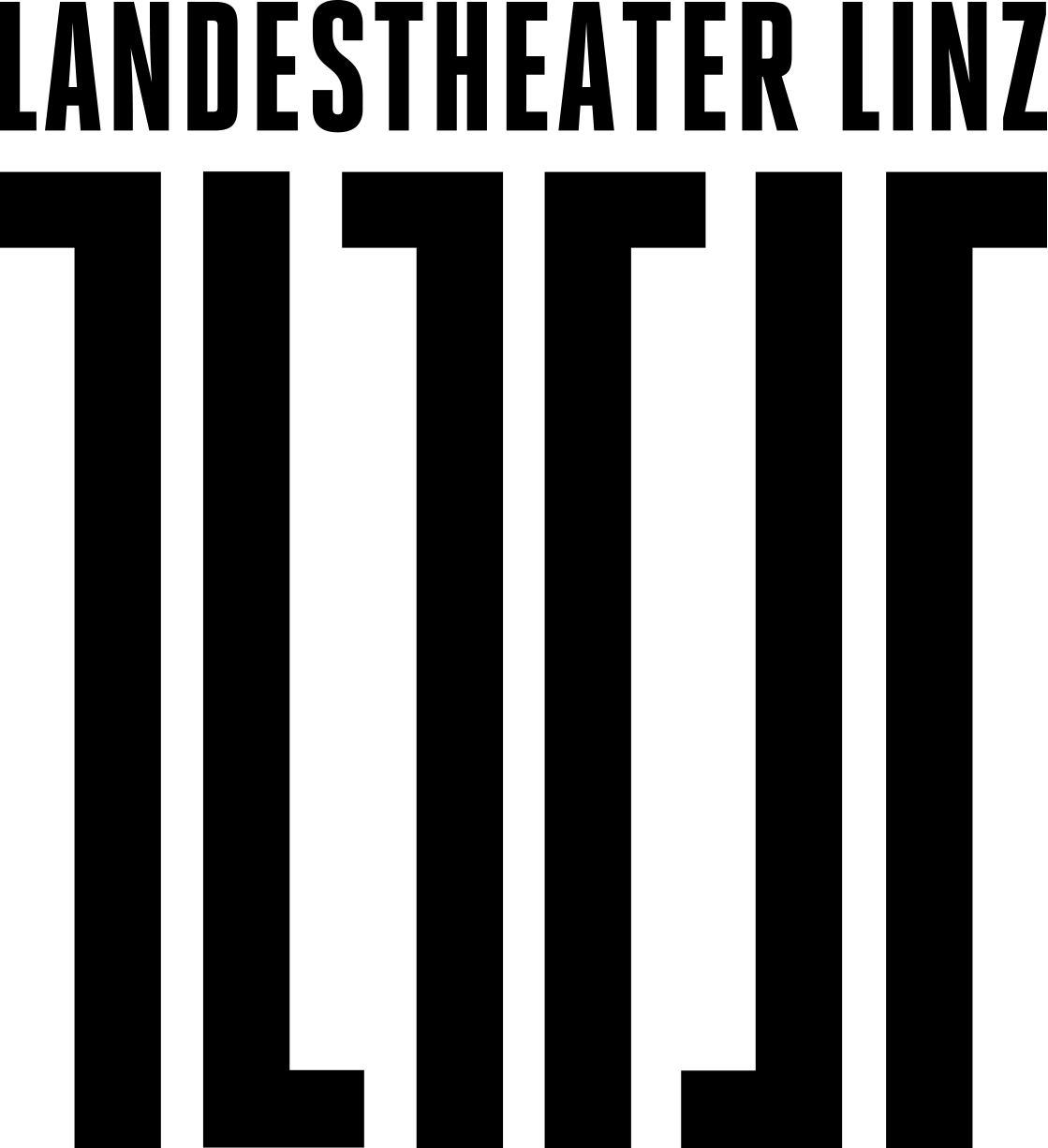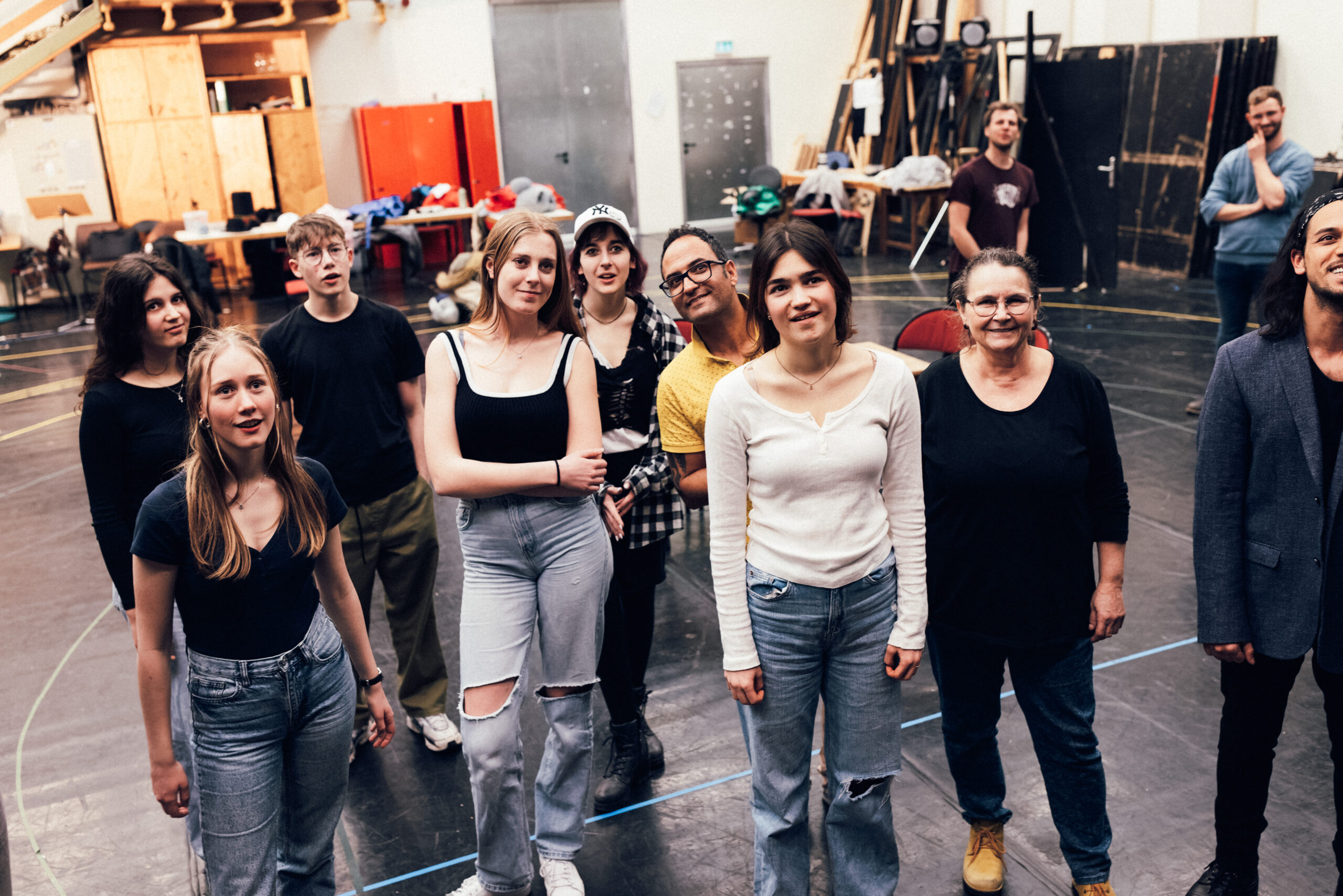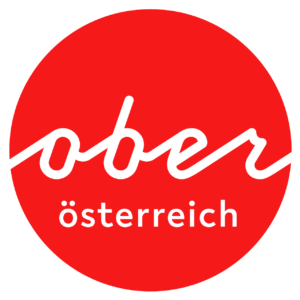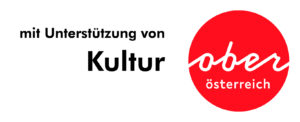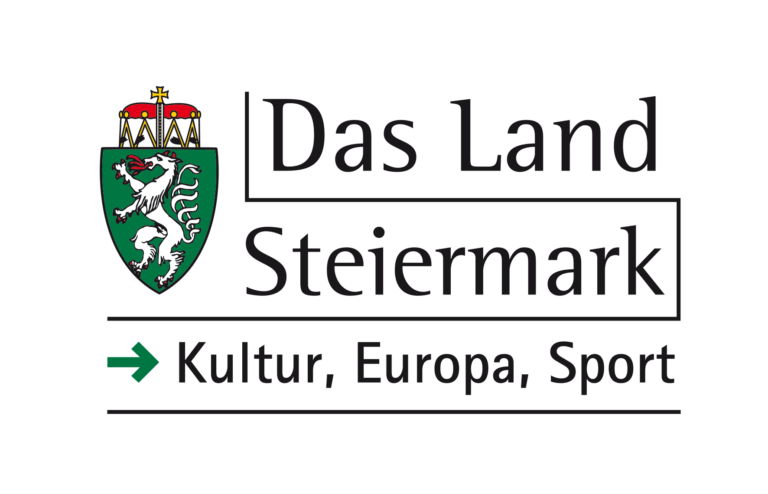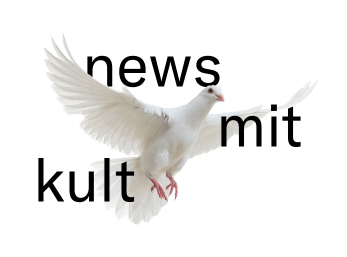The Landestheater Linz looks back on a long tradition of theatre education work and has great expertise in organising cultural events. We want to make greater use of this experience to expand our offer beyond the central region of the provincial capital. With the project Wir im Salzkammergut (We in the Salzkammergut), we want to work together locally with the ideas and stories of the participants and thus give space to ideas, feelings and worlds of thought and enable their expression in an artistic framework. The European dimension of the Capital of Culture project is here concretely brought back to local encounters and spaces of experience. In the work itself, local togetherness can and is thus understood as a pattern for general feelings, developments and events.
In the project Wir im Salzkammergut (We in the Salzkammergut), staff from the theatre mediation department of the Landestheater Linz work for a week on location with people on topics that move the participants. They research, rehearse and develop together, and at the end there is an exciting presentation of the results – with people on the spot for people on the spot. Such artistic-participative projects and the performance-based confrontation with one’s own history for people in the region not only leave traces in the biographies of the participants, but also strengthen the planned centres of youth culture and their anchoring in the region in the long term.
